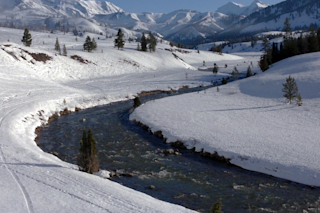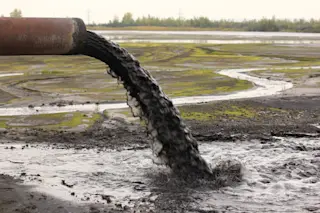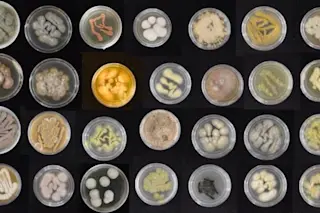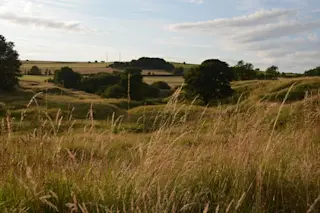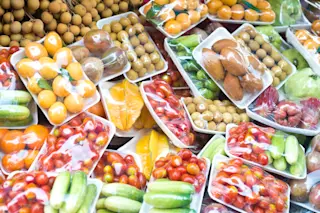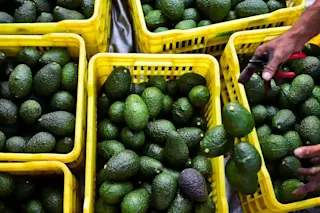By 2100, climate change could mire half the world's population in a food crisis, according to a new report. The analysis is based on data from 23 climate change models gathered in the 2007 report by the Intergovernmental Panel on Climate Change. It predicts a 6 degree Fahrenheit rise in average growing-season temperatures in many areas and a 20 to 40 percent drop in crop yields. The hardest hit will be the tropics and subtropics, home to some of the world's poorest populations.
"You are talking about hundreds of millions of additional people looking for food because they won't be able to find it where they find it now" [Reuters], said study co-author David Battisti.
across a big swath of the planet by the end of the century
According to the report in Science [subscription required],
if the buildup of greenhouse-gas emissions isn't halted or slowed, the odds are higher ...






